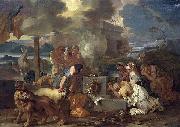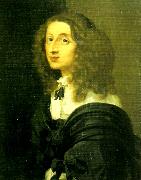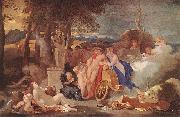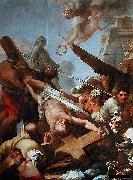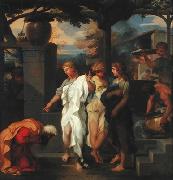|
||||||||||
|
|
||||||||||
|
Sacrifice of Noah Gemälde ID:: 69002 Siehe Galerie in Schweden |
Sacrifice of Noah c. 1640 oil on canvas c._1640 oil_on_canvas |
|||||||||
|
|
||||||||||
|
Montpellier Gemälde ID:: 69087 Siehe Galerie in Schweden |
Montpellier 1652-53 olja pa duk 72x58 se 1652-53_olja_pa_duk_72x58 se |
|||||||||
|
|
||||||||||
|
Bacchus and Ceres with Nymphs and Satyrs Gemälde ID:: 70455 Siehe Galerie in Schweden |
Bacchus and Ceres with Nymphs and Satyrs Medium Oil on canvas Dimensions Expression error: Missing operand for *51 ?? 77.5 cm Medium_Oil_on_canvas _ Dimensions_Expression_error:_Missing_operand_for_*51_??_77.5_cm |
|||||||||
|
|
||||||||||
|
Le crucifiement de Saint Pierre Gemälde ID:: 70834 Siehe Galerie in Schweden |
Le crucifiement de Saint Pierre Medium Oil on canvas Dimensions Unknown Medium_Oil_on_canvas _ Dimensions_Unknown |
|||||||||
|
|
||||||||||
|
Abraham and three angels Gemälde ID:: 70922 Siehe Galerie in Schweden |
Abraham and three angels Medium Oil on canvas Dimensions 77 x 76 cm Medium_Oil_on_canvas _ Dimensions_77_x_76_cm |
|||||||||
|
|
||||||||||
| Vorheriger Künstler Nächster Künstler | ||||||||||
|
|
||||||||||
| Sebastien Bourdon | ||||||||||
| (2 February 1616 - 8 May 1671) was a French painter and engraver. His chef d'œuvre is The Crucifixion of St. Peter made for the church of Notre Dame. The Finding of Moses, c. 1650 (National Gallery of Art, Washington)Bourdon was born in Montpellier, France, the son of a Protestant painter on glass. He was apprenticed to a painter in Paris. In spite of his poverty he managed to get to Rome in 1636; there he studied the paintings of Nicolas Poussin, Claude Lorrain and Caravaggio among his eclectic selection of models, until he was forced to flee in 1638, to escape denunciation by the Inquisition for his Protestant faith. Bourdon's facility rendered him adept at portraiture, whether in a dashing Rubens manner or in intimate, sympathetic bust-length or half-length portraits isolated against plain backgrounds that set a formula for middle-class portraiture for the rest of the century, landscapes in the manner of Gaspar Dughet or cappricci of ruins, mythological "history painting" like other members of Poussin's circle or the genre subjects of the Dutch Bamboccianti who were working in Rome. His eclectic range of styles have given art historians exercise in tracing his adaptation of his models, while the lack of an immediately recognizable "Bourdon style" has somewhat dampened public appreciation. In 1652 Christina of Sweden made him her first court painter. Bourdon spent most of his working career outside France, where, though he was a founding member of the Academie de peinture et de sculpture (1648), he was for long largely dismissed as a pasticheur, a situation partly rebalanced by a comprehensive exhibition in 2000 of his work at the Musee Fabre, where the collection includes a fine Lamentation painted in the last years of his life. His success required the establishment of an extensive atelier, where, among his other pupils worked Nicolas-Pierre Loir and Pierre Mosnier. He died in Paris in 1671. | ||||||||||
|
|
||||||||||
IntoFineArt Co,.Ltd.








